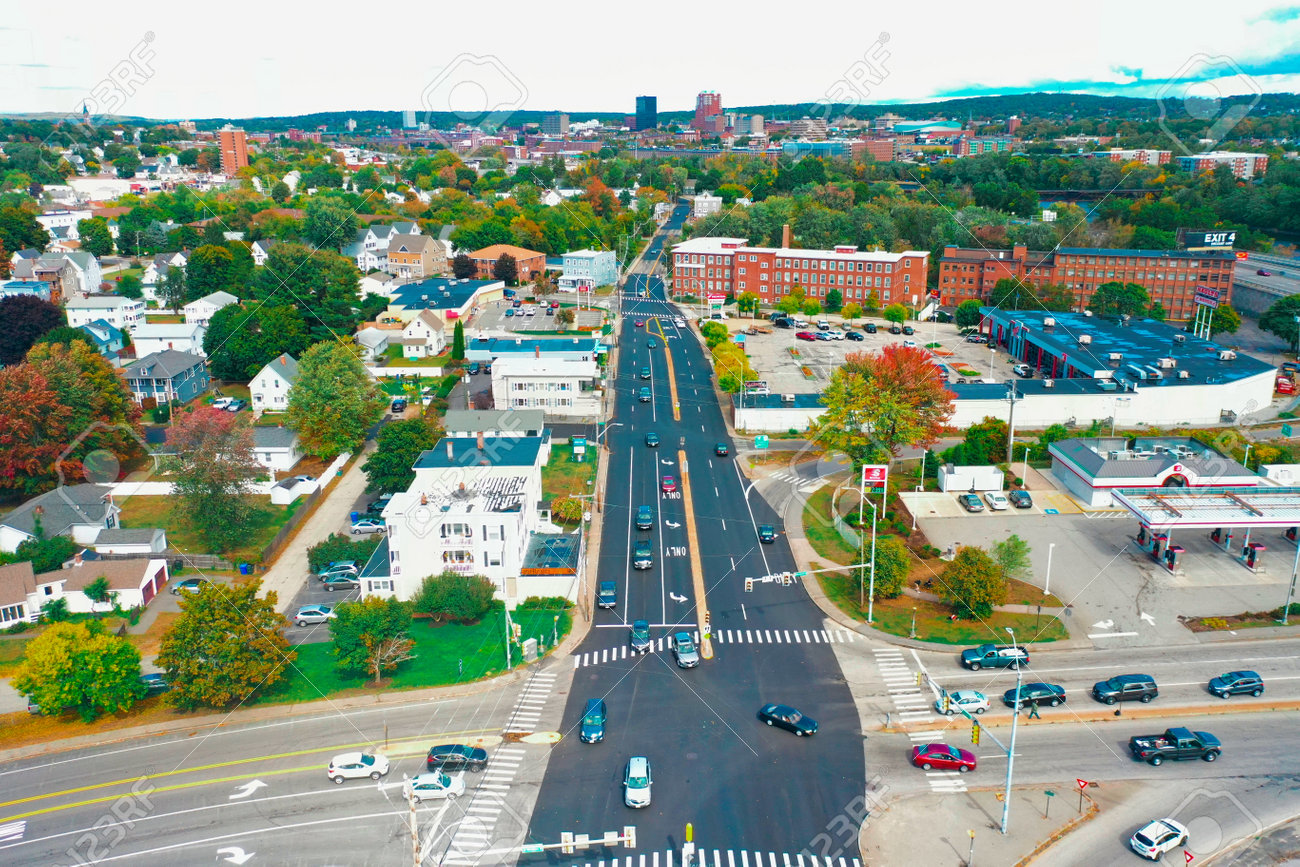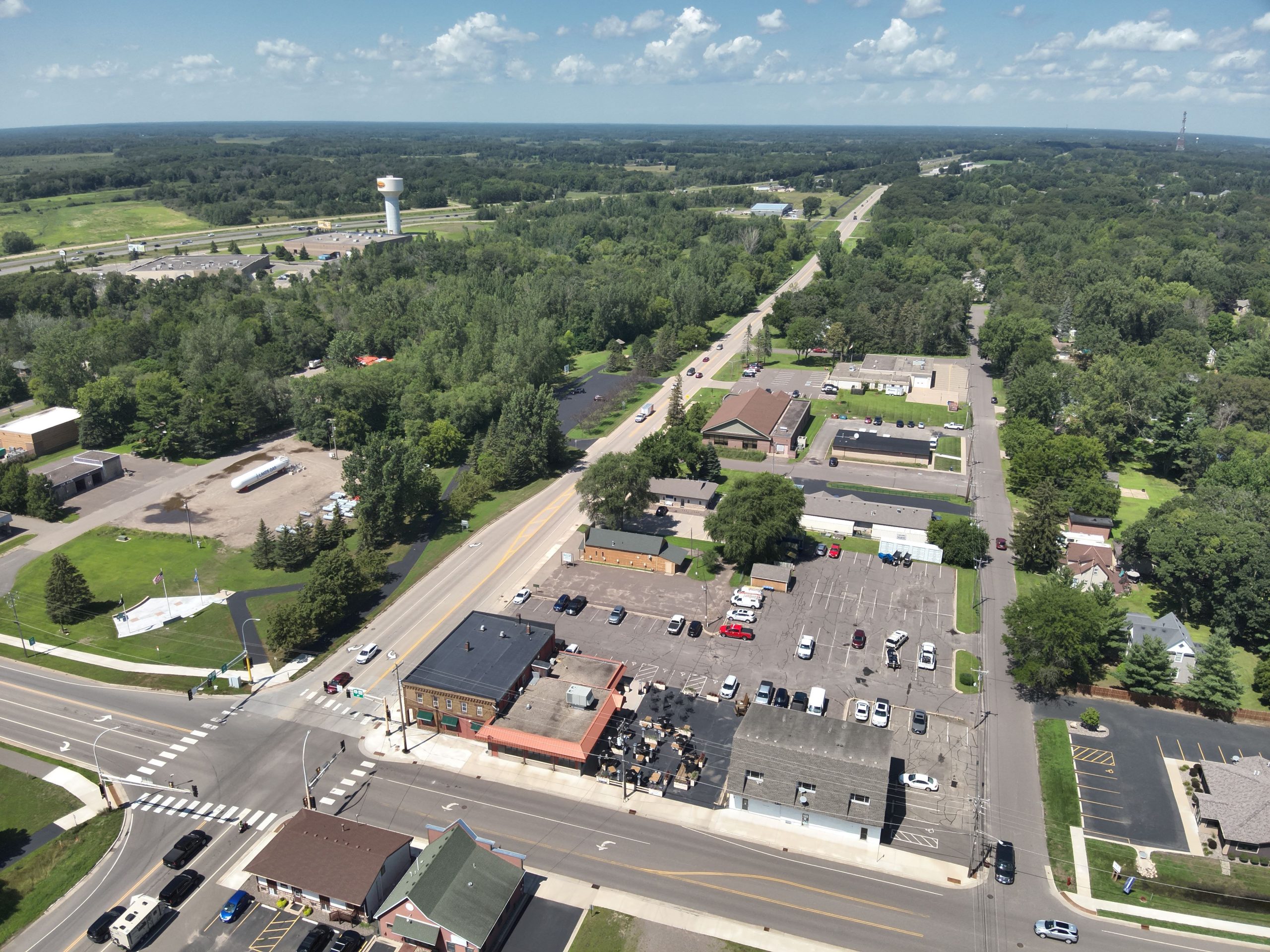Bedford, NH
With 190 miles objectively scored and mapped, Bedford moved from reactive to proactive, translating data into faster, visible improvements for residents.

Bedford, NH Infrastructure Assessment
Summary
- 190 roadway miles scanned and analyzed, with condition scores delivered by August 1, 2023
- Weeks-fast data delivery accelerated visible paving and pothole response for residents
- Defensible, data-driven plans improved budget approvals, scheduling, and public communication
Problem
Bedford’s pavement program relied on sporadic, manual assessments and outdated spreadsheets, creating inconsistent data and uncertainty about which roads to fix and when. Staff struggled to build defensible paving plans and often had to play defense at town meetings, repeatedly fielding “Why not my road?” from residents. Without trusted condition data, budgets were hard to defend and work plans drifted toward worst-first fixes instead of a strategic, network-level approach.
Solution
Bedford’s public works leaders selected Cyvl to rapidly survey the network using vehicle-mounted LiDAR and sensors, capturing the city’s roadway conditions at high speed and high fidelity. Cyvl’s Infrastructure Intelligence platform used AI to convert those raw scans into detailed, actionable pavement condition data and clear, defensible reports. Within weeks—by August 1, 2023—Bedford had network-wide condition scores, prioritized repair lists, and a data-backed plan the team could explain and execute with confidence.
Impact
With 190 miles objectively scored and mapped, Bedford moved from reactive to proactive, translating data into faster, visible improvements for residents. The city could schedule work with precision, communicate priorities clearly, and deploy crews where they would deliver the greatest benefit soonest. Faster delivery of trustworthy data shortened the time between collection and construction, improved budget credibility, and reduced friction in public conversations.
- 190 roadway miles scanned with LiDAR and sensors, giving Bedford a complete, current pavement condition dataset to guide near- and long-term work
- Weeks-fast delivery enabled quicker paving mobilizations and pothole response that residents noticed on their daily routes
- Clear, defensible plans helped leaders explain “why this road, why now,” making town meetings smoother and more productive
- Data-informed prioritization improved budget allocation and helped secure support for the right projects at the right time
- Crew scheduling and materials planning became easier, cutting downtime and accelerating fixes across neighborhoods
- Fewer reactive 311 complaints as planned maintenance addressed issues before they became disruptive




-%20logo%20(unpadded).png.png)